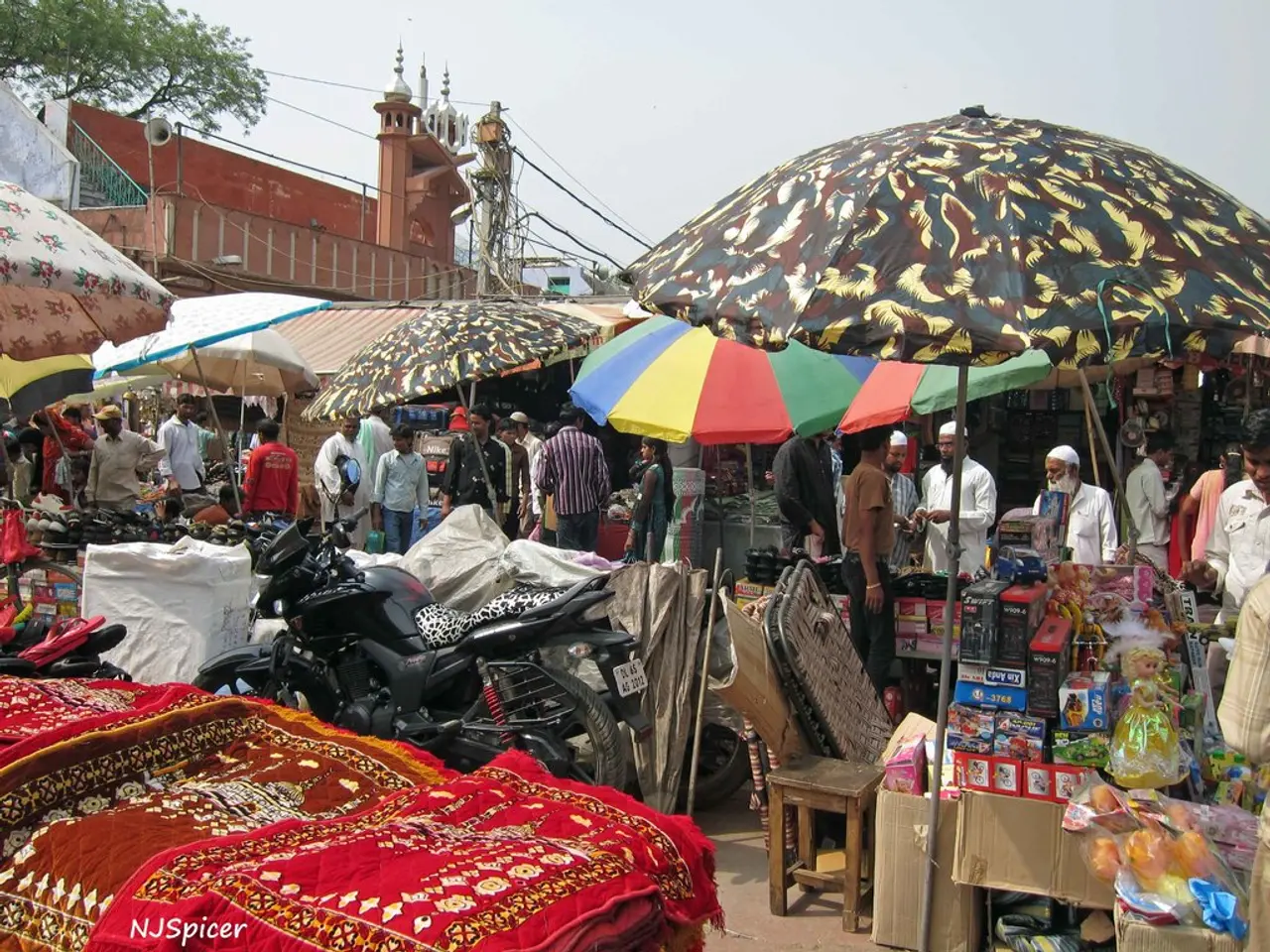Sanctions imposed on Sudanese Islamic organizations amid ongoing civil conflict
In a significant development, Sudanese scholar and intellectual, Sudanese activist Saad al-Din al-Sayed al-Tayeb, has weighed in on the ongoing conflict in Sudan, stating that the Islamic movement in the country cannot survive while clinging to violence and terrorism as an approach.
Al-Tayeb's comments come as the African Union (AU) and Intergovernmental Authority on Development (IGAD) welcomed a quartet proposal by the United States, Saudi Arabia, the United Arab Emirates, and Egypt for a three-month humanitarian truce, a permanent ceasefire, and a nine-month transition toward civilian rule. The AU and IGAD have pledged to work with the quartet, the Sudanese people, and international partners to end the war in Sudan.
The war in Sudan has taken a heavy toll on the population. According to the United Nations (UN), the conflict has killed tens of thousands, displaced nearly 14 million, and left about 25 million people in urgent need of aid.
Al-Tayeb argued that the Sudanese army serves as the military arm of the Islamic movement, and Burhan seeks to cling to power through political maneuvering. He warned that the Islamic movement has fueled division and violence in Sudan, even at the risk of the country's fragmentation.
The Sudanese Islamic movement has been accused of serving as its own military arm and seeking to cling to power through political maneuvering. The Islamist group in Sudan allied with the Iranian regime to circumvent US sanctions is the Muslim Brotherhood (MB), supported by Iran's Islamic Revolutionary Guard Corps (IRGC) through associated militias like BBMB. These groups have been accused of committing abuses, including arbitrary arrests, torture, and summary executions.
The United States has imposed sanctions on Sudanese Islamist groups and Finance Minister Jibril Ibrahim. The sanctions target the Al-Bara ibn Malik Brigade and Jibril, leader of the Justice and Equality Movement (JEM), for supporting the Sudanese army against the Rapid Support Forces (RSF).
Despite these challenges, there is a glimmer of hope. The AU and IGAD have aligned their roadmap for peace in Sudan with the quartet's proposal for a humanitarian truce, permanent ceasefire, and nine-month transition toward civilian rule. This coordinated effort is a step towards ending the violence and bringing stability to Sudan.
As the international community and Sudanese leaders call for peace, it is crucial that all parties involved commit to a peaceful resolution and work towards a brighter future for the people of Sudan.
Read also:
- United States tariffs pose a threat to India, necessitating the recruitment of adept negotiators or strategists, similar to those who had influenced Trump's decisions.
- Weekly happenings in the German Federal Parliament (Bundestag)
- Southwest region's most popular posts, accompanied by an inquiry:
- Discussion between Putin and Trump in Alaska could potentially overshadow Ukraine's concerns








